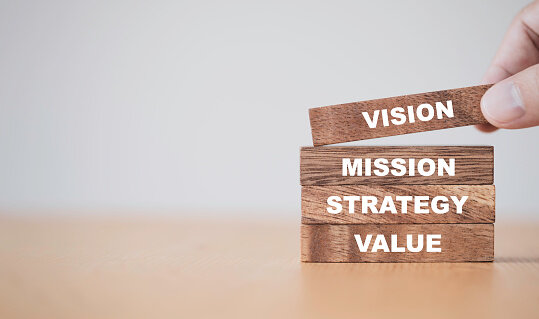Moments — You are not your Mistakes...
I have no context to this — it may be the work of a local urban artist, possibly some sort of clever marketing or even the name of a new business. What I do know for certain is it was spray painted on a boarded-up window of what I assume is a local shop under renovations. With a registered trademark and a date, it simply said, “You are not your Mistakes”. I have assumed it wasn’t “You are not your Mislakes” and the author simply forgot to cross the “t” which is a little ironic.
“Yes you are”. I actually said it out loud.
I was reminded of other trite phases such as “This is not who I am” or “I’m bigger than this” which often find their way into a conversation when self-reflection is forced. These words could actually infer lessons learned and that you hold no burden for your mistake but I have to take this at face value so it comes across lacking ownership or responsibility.
There is no ethical consideration for the need to correct your mistakes but it’s in the lessons and skills learned though correction that makes it important for you to do. And even this reason is more of a technical issue, so you don’t repeat the mistake, waste time and energy, and it allows you to move onto your next mistake — the real consideration is one of character and the ultimate reason I said, “Yes you are”. It is a universal truism that those who own their mistakes and work to correct them are of strong character (full stop). And why should you care? Because strong character will help you get through those really big mistakes successfully, particularly when you need someone’s help and you are depending on them.
I think it is more appropriately said,“You are your uncorrected mistakes” because it focusses on what’s really important.
iamgpe
PS — If by chance the name of the business is actually “You are not your Mislakes®” I don’t think anything I have said is off the mark but I will have to apologize to the author. I will let you know.


